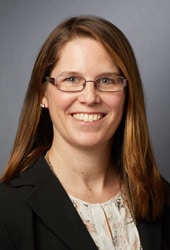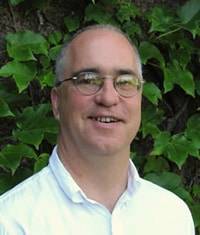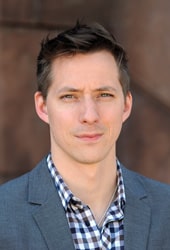Every year Real Art Ways brings the Oscar Nominated Short Films to our Cinema. We’re the only place you can go in central Connecticut to experience some of the most celebrated short films in the world.
All three categories are offered – Animation, Live Action and Documentary (Programs A & B). This is your annual chance to see all of these nominees before the Academy Awards on Sunday, March 4.
Live Action Shorts:
DeKalb Elementary
Director: Reed Van Dyk, USA, 20 minutes
Steven, a mentally unstable twenty something, enters an elementary school with a semi-automatic rifle. After he orders the school receptionist, Cassandra, to have the building evacuated, he holds her hostage and instructs her to call 911. With Cassandra as his go-between, Steven tries to navigate the troubled waters he has entered.
The Silent Child (The Winner!)
Directors: Chris Overton and Rachel Shenton, UK, 30 minutes
Libby, a profoundly deaf four-year-old, is the youngest child in a family who are all hearing. Unable to communicate but about to start school, Libby is assigned a social worker who teaches her sign language. Libby’s skeptical parents are reluctant to be involved, however, and pose a potential block to Libby’s education.
My Nephew Emmett
Director: Kevin Wilson, Jr., USA, 20 minutes
In 1955, two white men invade the home of Mose Wright, an African-American preacher in Mississippi, to abduct his 14-year-old nephew, Emmett Till, who is visiting from Chicago. Emmett has been accused of whistling at a white woman, and Mose knows that his fate will be sealed if the men succeed in taking him.
The Eleven O’Clock
Directors: Derin Seale and Josh Lawson, Australia, 13 minutes
A psychiatrist earnestly tries to help his delusional patient, but his efforts are complicated by the fact that the patient believes himself to be the doctor. With each trying to out-analyze the other, their session spirals out of control.
Watu Wote/All of Us
Directors: Katja Benrath and Tobias Rosen, Germany, 22 minutes
Jua, a Christian living in Kenya, boards a chartered bus to visit a relative and is uncomfortable being surrounded by Muslim passengers. The bus is stopped by the violent terrorist group Al-Shabaab, whose members demand that the Muslims identify the Christian passengers.
Film synopses by deadline.com




